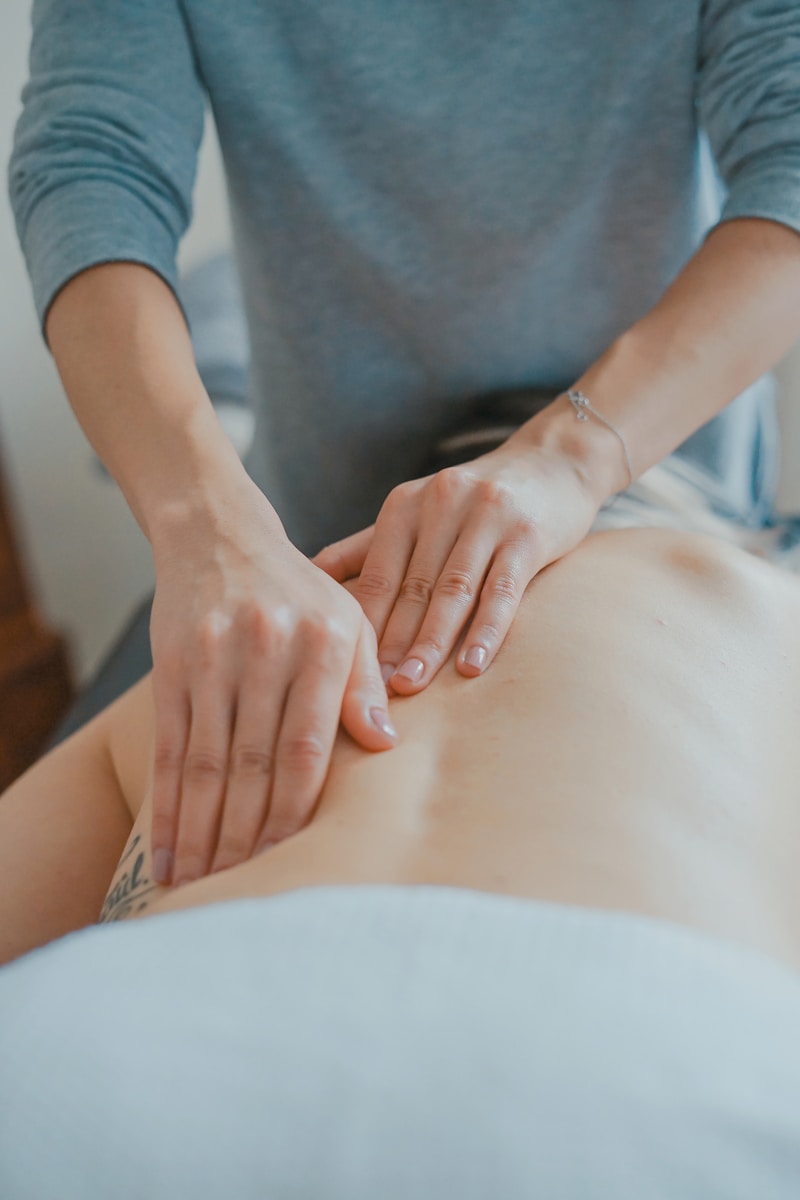Sports massage has become an integral part of athletic training and recovery. Unlike regular massages, which are primarily focused on relaxation, sports massage is tailored specifically for athletes, aiming to enhance performance and aid in recovery. One of the primary benefits of sports massage is its ability to alleviate muscle tension. High-intensity training can lead to muscle tightness and soreness, and a targeted sports massage can help release this tension, allowing athletes to perform at their best.
Additionally, sports massage can aid in injury prevention. By focusing on specific muscle groups and employing various techniques such as stretching, kneading, and deep pressure, therapists can identify and address potential issues before they develop into more serious injuries. This proactive approach can be particularly beneficial for athletes who are regularly pushing their bodies to the limit.
Another significant advantage of sports massage is the improvement in circulation. Enhanced blood flow can accelerate the delivery of oxygen and nutrients needed for muscle repair, thus speeding up recovery time post-exercise. This is especially crucial for athletes who train frequently and need to recover quickly for their next performance.
Moreover, sports massage contributes to psychological well-being. The process of receiving a massage can help lower levels of stress and anxiety, allowing athletes to enter competitions feeling calmer and more focused. The relaxing effects can also improve sleep quality, which is vital for overall health and optimal performance.
In summary, sports massage is not just a luxury; it is a fundamental component of athletic training that supports muscle recovery, enhances performance, and fosters mental resilience. Whether used as a preventive measure or a recovery tool, incorporating sports massage into an athlete’s routine can lead to significant improvements in their training outcomes.











